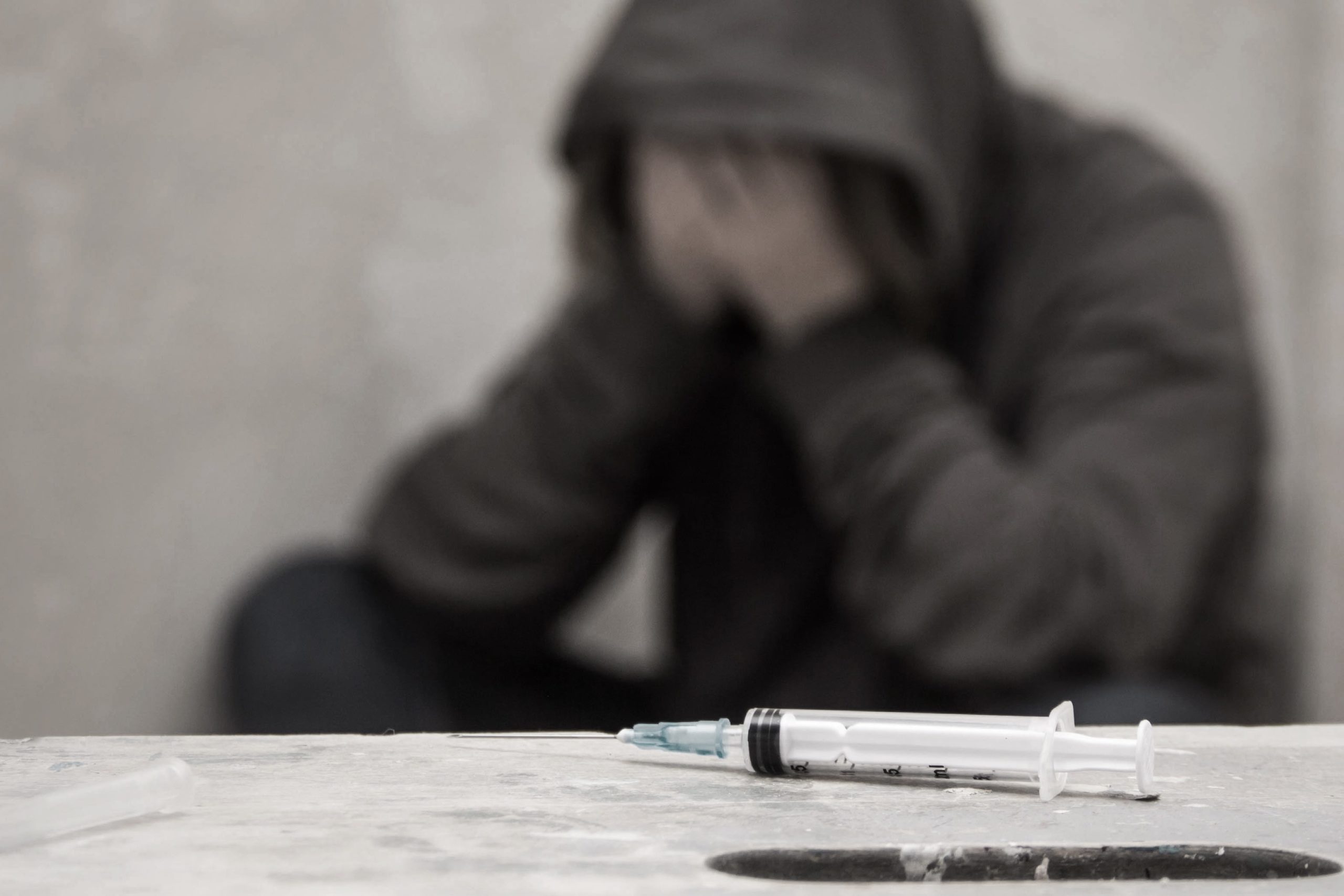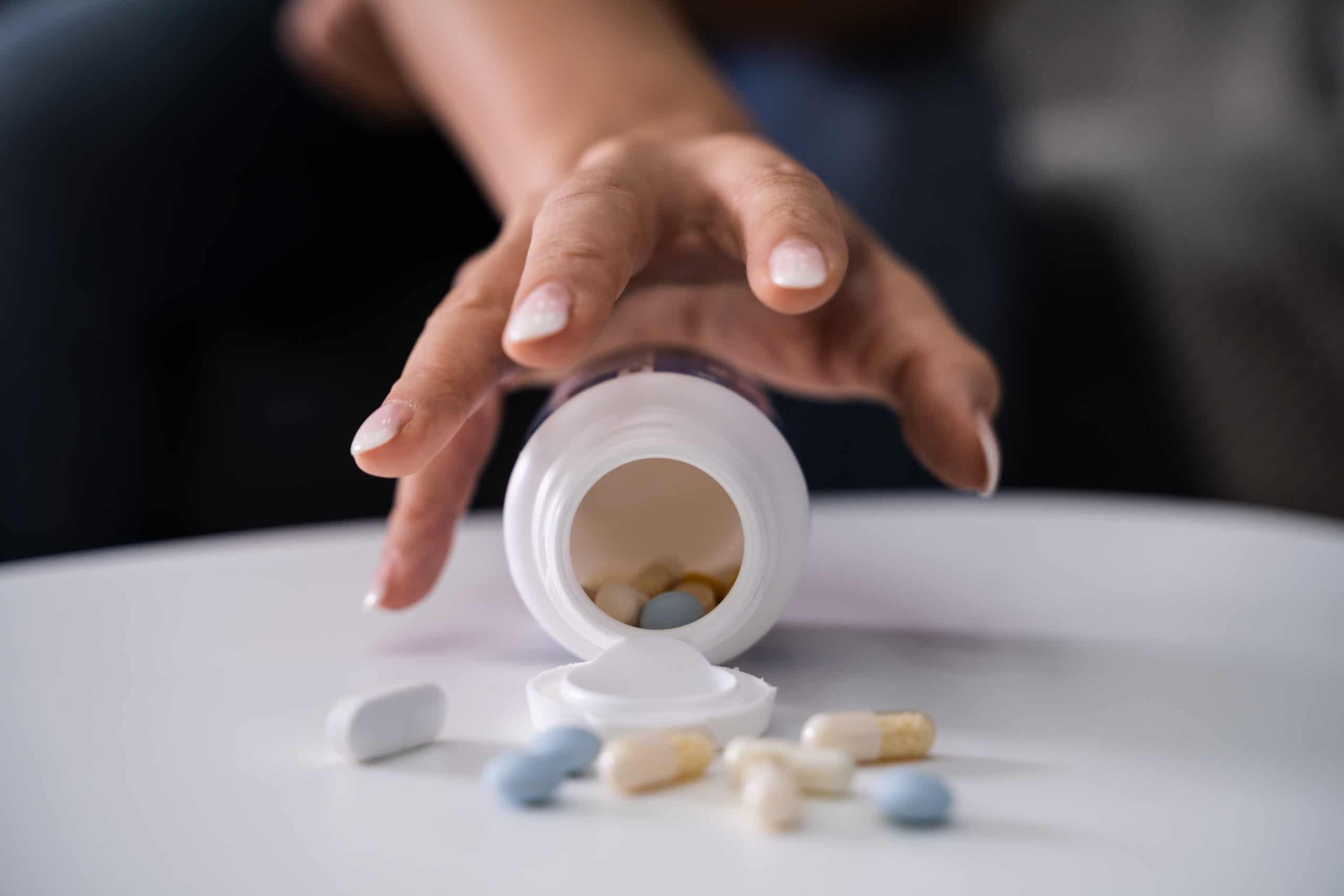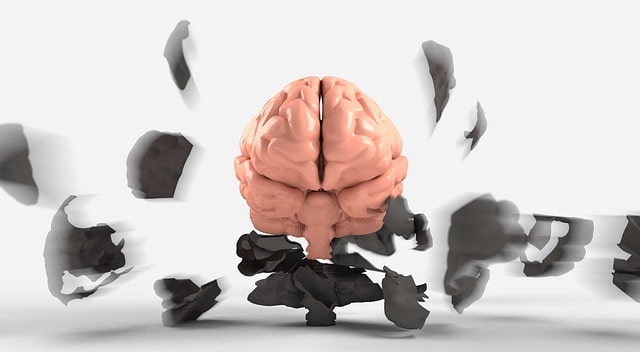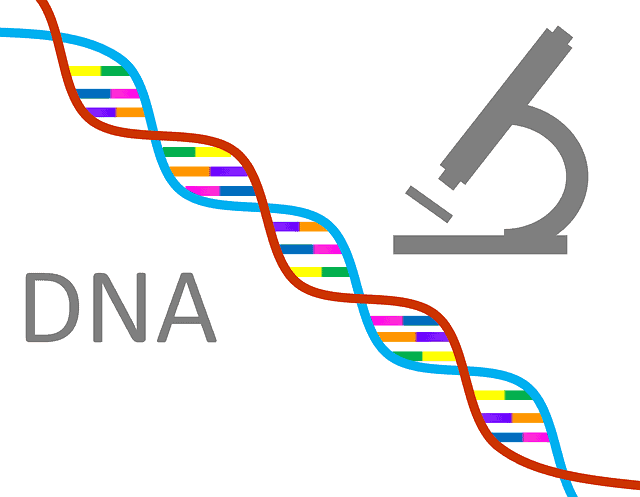
Is Drug Addiction Genetic?
As science advances, we find ourselves worrying about genetics and inheritance on a normal basis, wondering what diseases we might be at risk for. We

As science advances, we find ourselves worrying about genetics and inheritance on a normal basis, wondering what diseases we might be at risk for. We

While abuse of the drug dates to at least the 13th century, heroin remains a scourge among young people in the U.S. According to the

For centuries, addiction has been considered nothing short of a choice. People have continuously viewed those who are addicted to drugs or alcohol as people

Whether someone suffers from an addiction to alcohol, drugs, or sex, addiction isn’t something you wish upon another person. Human nature is flawed and some

What is a drug? What is the accepted definition? According to the Oxford dictionary, a drug is anything that is “a medicine or other substance

Alcoholism is not a choice and facing the consequences as an addict is a taxing ordeal. Among these consequences is the effect it has friends,

Though addiction may be spurred in a variety of ways, there are a number of common links. These can be depression, familial losses, a divorce,

Substance use disorders consist of both genetic and environmental interplay. You may have heard someone claim that Mr. X is using by choice. He may

Addiction is a disease. By definition, it is a chronic disease of the brain that affects the systems of your brain including reward and memory.

Any of us who have been through active addiction, either as addicts or as a loved one of addicts, have heard the stereotypes. “Oh, Johnny
It doesn’t matter what time it is, Discovery Place is here and ready to help those impacted by addiction day or night. Whether it is 3 AM or 3 PM, you can start your recovery journey by reaching out to our rehab in the Nashville area.